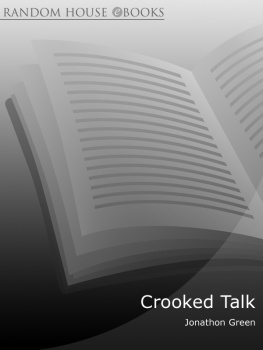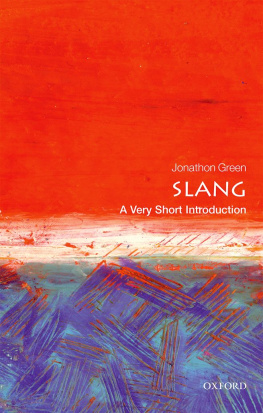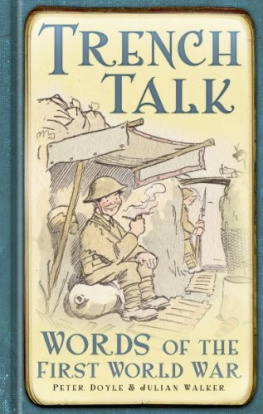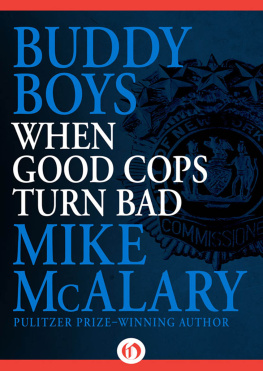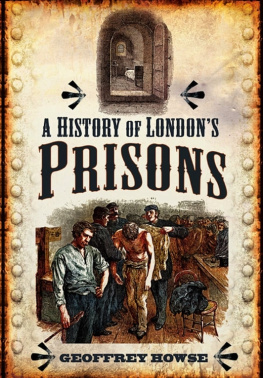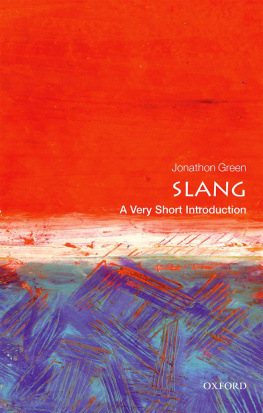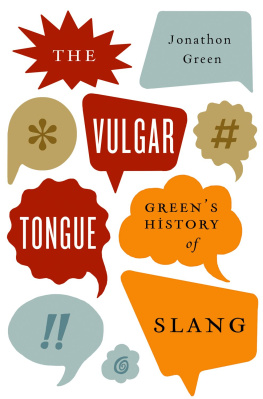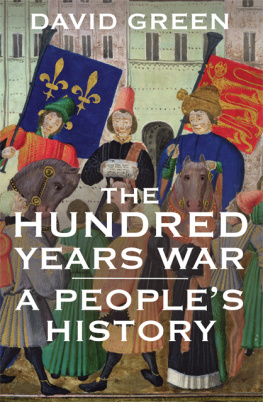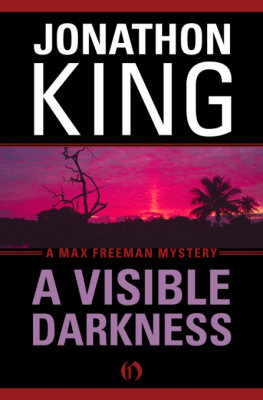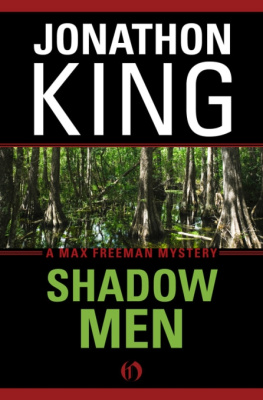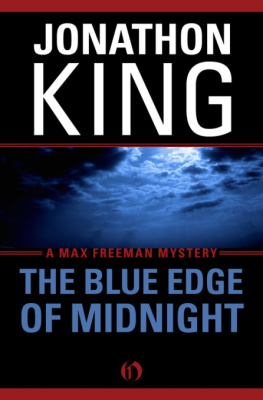
About the Book
A fascinating tour of five hundred years of the criminal underworld, explored through the medium of its own private language The language of crime has a long and venerable history in fact, the first dictionary of words specifically used by criminals, Hye-Way to the Spittel House, dates from as early as 1531. Jonathon Green is our national expert on slang, and in Crooked Talk he looks at five hundred years of crooks and conmen, from the hedge-creepers and counterfeit cranks of the sixteenth century to the blaggers and burners of the twenty-first. Not to mention a substantial detour behind bars into the world of prisons, and, of course, the swag, the hideouts, the getaway vehicles and allied tools of the trade not forgetting the cops, peelers, fly cops and all other varieties of the boys in blue.
Arranged thematically, the book shows where particular words came from, how they have evolved and why they mean what they do. If you have ever wondered when the police were first referred to as pigs (the eighteenth century), why prison guards became known as redraws (warder backwards), or what precisely the subtle art of dipology involves (pickpocketing), then this book has all the answers.
About the Author
Jonathon Green is a writer and broadcaster and the nations expert on slang. His Dictionary of Slang first appeared in 1998 to huge critical acclaim, and Greens Dictionary of Slang, his definitive three-volume work, was published in autumn 2010. He has written widely on slang and dictionary-making, notably Slang Down the Ages and Chasing the Sun, a history of lexicography. He has also chronicled the world of the 1960s in two oral histories: Days in the Life and All Dressed Up. He lives in London and Paris.
C ROOKED T ALK
Five Hundred Years of the
Language of Crime
Jonathon Green
This ebook is copyright material and must not be copied, reproduced, transferred, distributed, leased, licensed or publicly performed or used in any way except as specifically permitted in writing by the publishers, as allowed under the terms and conditions under which it was purchased or as strictly permitted by applicable copyright law. Any unauthorised distribution or use of this text may be a direct infringement of the authors and publishers rights and those responsible may be liable in law accordingly.
Version 1.0
Epub ISBN 9781446472903
www.randomhouse.co.uk
Published by Random House Books 2011
2 4 6 8 10 9 7 5 3 1
Copyright Jonathon Green 2011
Jonathon Green has asserted his right under the Copyright, Designs and Patents Act, 1988, to be identified as the author of this work
This book is sold subject to the condition that it shall not, by way of trade or otherwise, be lent, resold, hired out, or otherwise circulated without the publishers prior consent in any form of binding or cover other than that in which it is published and without a similar condition, including this condition, being imposed on the subsequent purchaser.
First published in Great Britain in 2011 by
Random House Books
Random House, 20 Vauxhall Bridge Road,
London SW1V 2SA
www.randomhouse.co.uk
Addresses for companies within The Random House Group Limited can be found at: www.randomhouse.co.uk/offices.htm
The Random House Group Limited Reg. No. 954009
A CIP catalogue record for this book is available from the British Library
ISBN 9781847946287
Contents
I NTRODUCTION
Slang is half a millennium old at least. It has been collected for that long. But it has, at least as recorded, one origin: in the beginning was crime. Or more properly cant, the jargon, the occupational slang of the wandering beggars of 16th-century England. It was this jargon which even gave its name to the beggarly brotherhood: the canting crew. Whether, as sometimes suggested, there really was a hardcore Elizabethan underworld, with hierarchies of villain and a secretive, task-specific vocabulary, remains a subject of debate. But the words were collected and they remain, however tiny a role they play today, at the very heart of generations of slang dictionaries.
And criminal language has remained. It has changed of course; the upright man or the dimber-damber of the 16th century have long gone, but the top face and the don dada of the 21st fulfil the same roles as the bosses of their world. No-one would recognise Mort Wapapace today, but the flatbacker, one of her successors in the oldest profession, is simply her modern incarnation.
The essence of all forms of slang is secrecy, the deliberate masking of what one does by the terms in which one discusses it. Alongside such vital tools as wheels and shooters it is a commodity in which criminals have always invested heavily. It has evolved one has to keep at least one step ahead of the authorities but the world it represents violence, theft, prisons, trials, informers, policemen or prostitution remains constant. Some words are surprisingly long-lived: pig for policeman dates to the 18th century, cop to the 19th. And as new areas of crime have appeared, for instance drug dealing, which simply did not exist prior to the early 20th century (since recreational drugs were still legal before the First World War), so has slang embraced them with speed and fluency. In a rough count of slang terms in my own database (some 110,000 in all), the label drugs has been affixed to 4,000 of them. And crime, in one shape or form, to around 5,000 more. Prison alone racks up a respectable 1,800.
Today, of course, the vocabulary of crime is much more accessible. Like the rest of slang, it is subject to far wider forms of representation than were its earlier uses. That said, the very secrecy of criminal language has always given it an allure. It is not only the modern tabloid press who like to showcase their knowledge thereof. And a spicing of criminal terms will always give added flavour to a book, a play or to a movie or TV script. The playwright Thomas Dekker knew that in 1600, the sporting journalist Pierce Egan two centuries on, and so, too, do many novelists and script-writers today.
Like the poor, the criminal are always with us, and so is their language. It is perhaps, at least from the lexicographical point of view, the one undeniable upside of what they do. At a risk of dismaying the authorities, lets keep it coming.
Chapter 1
S WINDLERS , C ONMEN AND F RAUDS
The thing that hath been, it is that which shall be; and that which is done is that which shall be done: and there is no new thing under the sun.
Ecclesiastes, I:9
IN THE BEGINNING: 16TH-CENTURY SWINDLES
In 1591 the playwright Robert Greene, whose own raffish life ensured that the information he collected was far from merely theoretical, published A Notable Discovery of Coosnage, one of a number of what were known as coney-catching pamphlets, a coney being in standard English a rabbit and in cant the gullible target of any of a large variety of swindles, frauds and confidence tricks. Greene set out the primary occupations of late 16th-century criminals thus:
Next page
